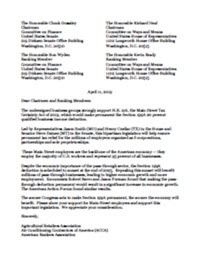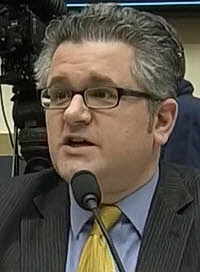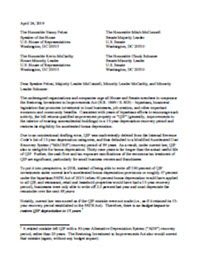A $333 billion spending package passed by Congress yesterday and signed by President Trump today funds the government through Sept. 30 (end of FY2019), avoiding a second government shutdown. (Senate Appropriations Committee summary, Feb. 15)
 |
|
President Trump today declared a national emergency over illegal immigration at the border. White House officials said executive powers will be used to reprogram $6.6 billion in Pentagon and Treasury funds to build a border wall. |
- The legislative measure signed today includes funding for the Department of Homeland Security (DHS) and six other government agencies. The debate over DHS funding for a wall along the southwestern border with Mexico led to a five-week partial government shutdown. During the shutdown, the EB-5 Immigrant Investor Regional Center Program and federal cleanups at Superfund sites around the nation were suspended. With today’s funding package, EB-5 has received another extension through Sept. 30. (Roundtable Weekly, Jan. 25).
- Policymakers this week agreed to appropriate $1.38 billion for 55 new miles of barriers along the Mexican border. President Trump originally requested $5.7 billion to construct 234 miles of barriers. (Wall Street Journal, Feb. 15).
- President Trump today also declared a national emergency over illegal immigration at the border. White House officials said executive powers will be used to reprogram $6.6 billion in Pentagon and Treasury funds to build a border wall. (The Hill, and New York Times, Feb. 15)
- House Speaker Nancy Pelosi (D-CA) and Senate Minority Leader Charles Schumer (D-NY) responded they would use “every available remedy” to overturn the emergency declaration. (Pelosi-Schumer joint statement, Feb. 15)
- House Democrats plan to introduce legislation to block the president’s effort to reprogram funding for wall construction. Legal challenges, which are also expected, could end up in the Supreme Court. (USA Today, Feb. 14 and AP, Feb. 15)
President Trump said he expected a legal battle over the emergency proclamation. “I expect to be sued. I shouldn’t be sued,” he said today. “We will possibly get a bad ruling. And then we’ll get another bad ruling. And then we’ll end up in the Supreme Court, and hopefully we’ll get a fair shake,” he added. (Wall Street Journal, Feb. 15)











